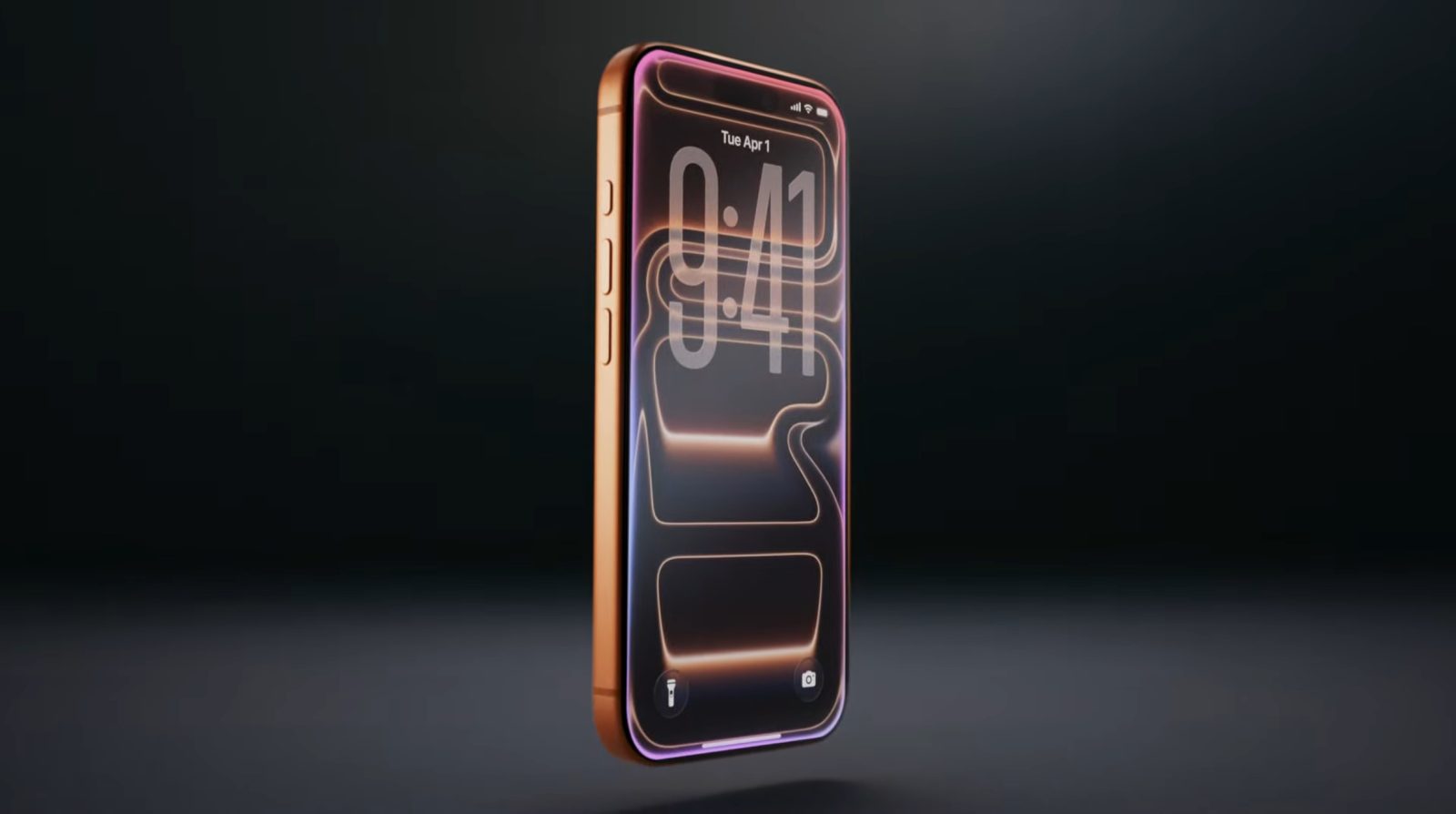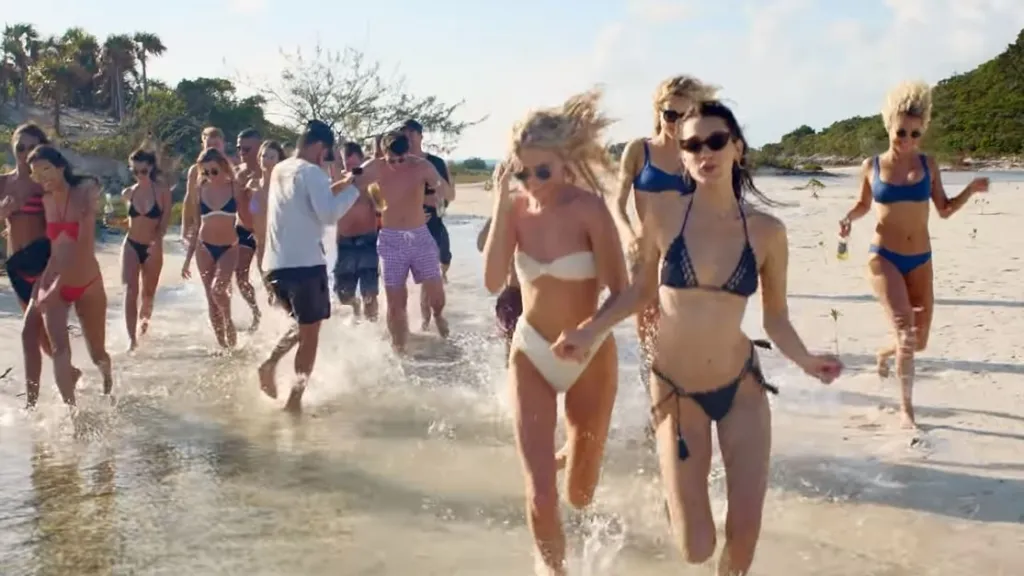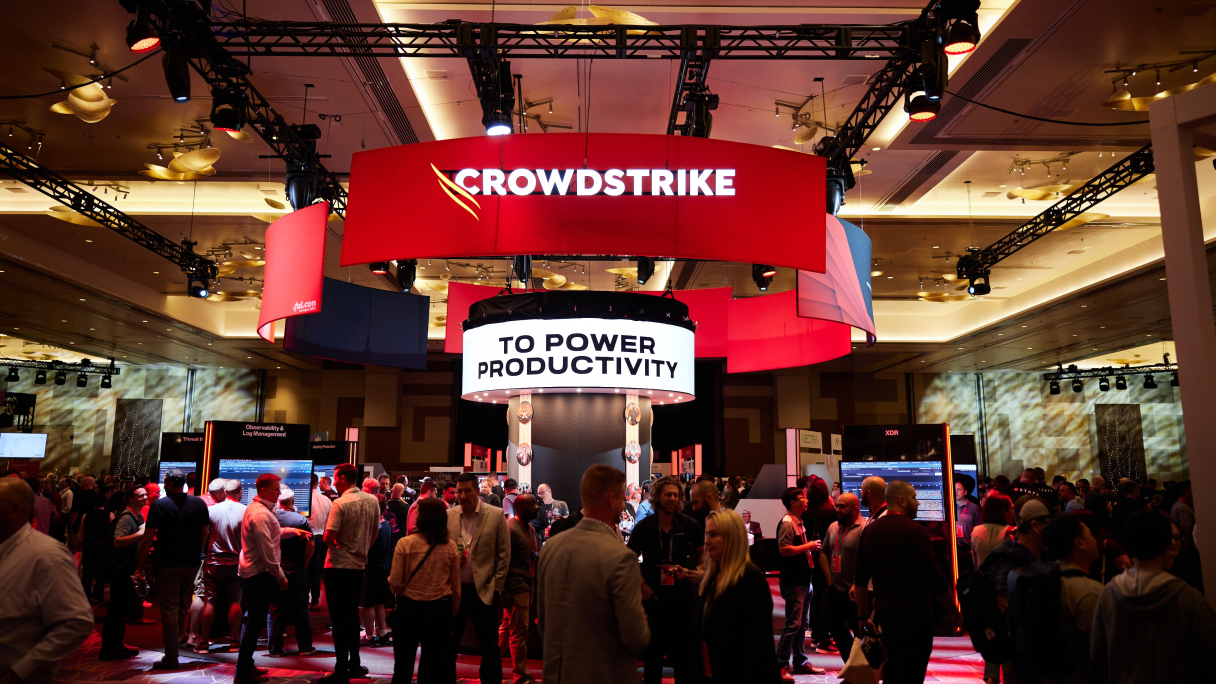By Rhiannon Soliman-Marron
Copyright abc
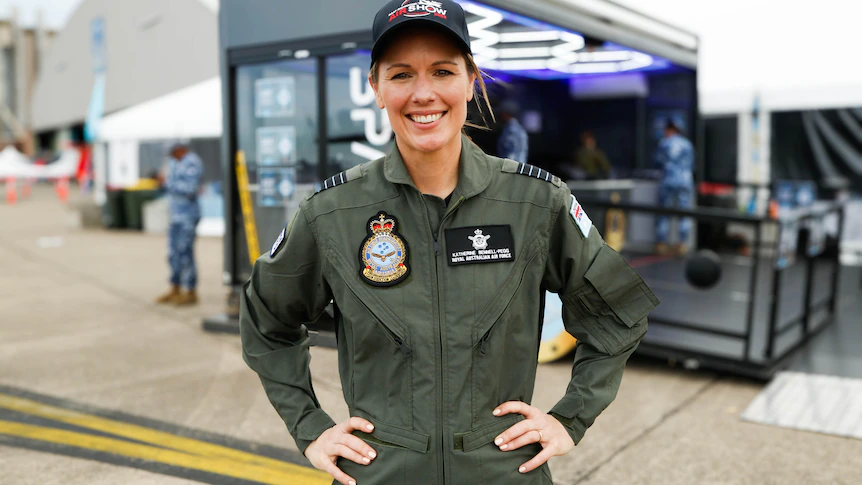
Australia’s first female astronaut says studying space will help identify and manage bushfires and floods.
Katherine Bennell-Pegg touted the importance of expanding Australia’s defence sector beyond the stratosphere, during her first few months in the Royal Australian Air Force’s (RAAF) ranks.
She said the Australian Space Agency — where she is currently the director of space technology – worked “hand in hand” with the Australian Defence Force (ADF) and other government agencies to “utilise” space to our best interests.
“It’s how we can identify bushfires and floods and help to manage them, to look at algal blooms like we have in South Australia, [and] to manage remote industries.”
Since graduating from the European Astronaut Centre in Germany, Ms Bennell-Pegg has been travelling the country, hoping to inspire the next generation of explorers.
“It’s been really humbling since I came back from astronaut training to be out and about across Australia, both in my blue flight suit and my green flying suit, and just seeing the stars in young kids’ eyes,” she said.
Ms Bennell-Pegg was appointed a specialist capability officer in the RAAF reserve in December, a move the ADF said would “greatly enhance” its capabilities.
Ms Bennell-Pegg’s connection with the RAAF began 20 years ago, as an engineering intern working on the Air Force’s fleet of C-130 Hercules aircraft at the base at Richmond in Sydney’s north-west.
‘You need more women in space’
Raised on Sydney’s northern beaches and now living in Adelaide, Ms Bennell-Pegg completed her training with the European Space Agency last year, making her Australia’s first — and only — female astronaut.
To date, just over 10 per cent of the world’s astronauts have been women.
“We need all kinds of thinkers, all kinds of doers to identify and solve problems and make discoveries,” Ms Bennell-Pegg said.
“In space, you’re a medical test subject as well… so for women on Earth to benefit, you need more women in space.”
With Sydney to play host to the world’s largest space conference this coming week, Ms Bennell-Pegg said it was more important than ever to highlight the benefits of growing Australia’s space workforce.
“The space sector internationally is looking to triple in size over the next decade,” she said.
“Yes, we need engineers and scientists, but we also need a full industry. Almost any job in life that you put ‘space’ in front of, there’s a space job.”
Ms Bennell-Pegg said Australia had a “long and proud” history in space — and that should continue.
“We’ve got the world’s oldest astronomers in our First Nations Australians… and at the start of the modern space age there were rockets launching from the red dirt of Woomera,” she said.
“We’ve always been there.”
